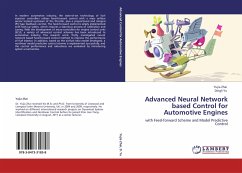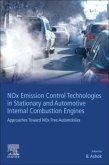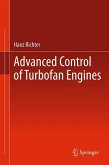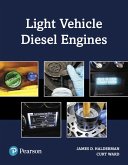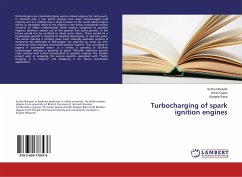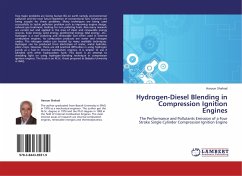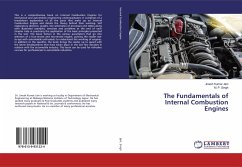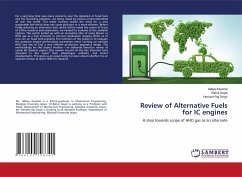In modern automotive industry, the state-of-art technology of fuel injection controllers utilizes feed-forward control with a mass airflow sensor located upstream of the throttle, plus a proportional and integral (PI) type feedback control. The feed-forward control is simply implemented with look-up tables, which requires a laborious process of calibration and tuning. With the development of micro-controllers for engine control units (ECU), a variety of advanced control schemes has been introduced to automotive industry. This research work, firstly, investigated neural network based feed-forward control method to improve the performance of fuel injector. In addition, based on the air/fuel ratio model developed, a nonlinear model predictive control scheme is implemented successfully, and the control performance and robustness are evaluated by introducing system uncertainties.
Bitte wählen Sie Ihr Anliegen aus.
Rechnungen
Retourenschein anfordern
Bestellstatus
Storno

